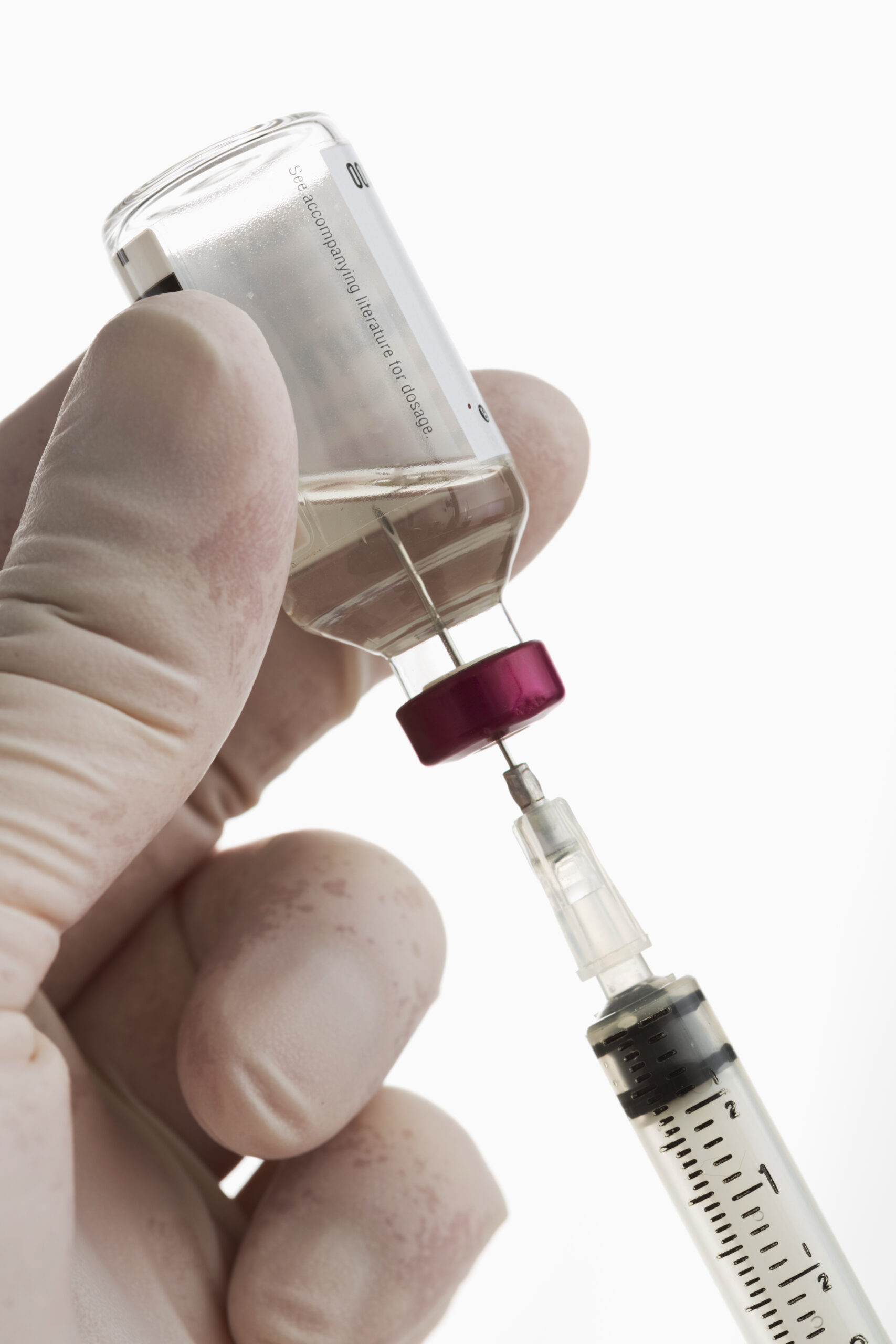Flu season is in full swing as the New Jersey Department of Health reports that the state is seeing high levels of the viral infection statewide.
The trifecta of a flu surge, respiratory syncytial virus [RSV] and COVID-19 is taking place all across New Jersey and the country.
State officials are warning residents to take precautions to keep themselves healthy as they celebrate the holiday season.
“The lessons we learned and the tools we developed during the past two-plus years of the COVID-19 pandemic, including improved surveillance mechanisms, have prepared us operationally in responding to this season’s uptick in respiratory viruses sending many of our residents to emergency departments across the state,” New Jersey Department of Health Commissioner (NJDOH) Judith Persichilli said.
Both Persichilli and Gov. Phil Murphy stressed that residents stay up to date with flu vaccines and COVID-19 vaccines. There is no authorized vaccine for RSV, according to state officials.
“Being proactive in staying healthy is a collective effort and we all need to play our part to avoid a surge that could strain our health care system early in the new year,” Persichilli said.
Proactive measures include having individuals cough and sneeze into their sleeve, washing their hands, staying home when sick, and also wearing a mask if they or someone they are with is at high risk of severe illness.
The measures also include testing. There have been 56,334 cases reported of the flu through PCR and rapid testing.
There have been 29 respiratory outbreaks at long-term care facilities and a pediatric flu death, according to the NJDOH latest Influenza and Respiratory Illness report through Dec. 10.
At the time of the report, the state had 26 severe cases of the flu, meaning individuals who had to be taken to the intensive care unit.
Additionally, a New Jersey Hospital Association [NJHA] report states that the data they collected shows that the flu is the largest driver of pediatric hospital visits.
Early this month as of Dec. 4, 677 pediatric emergency room visits and 257 hospitalizations were due to respiratory illnesses.
The majority of those cases – 388 – were related to the flu.
“The winter of 2022-23 is shaping up to be another season of high intensity that will test the healthcare system’s capacity and resiliency,” said Cathy Bennett, CEO and president of NJHA.

